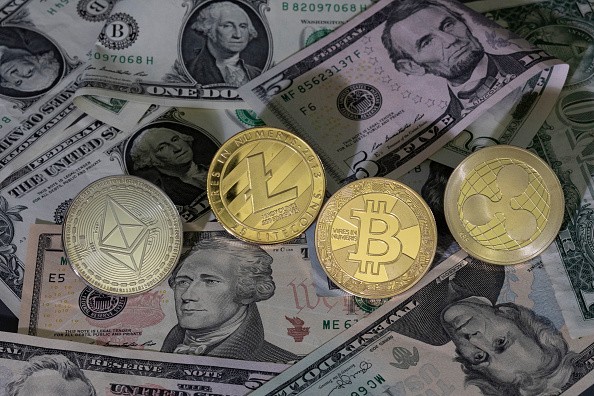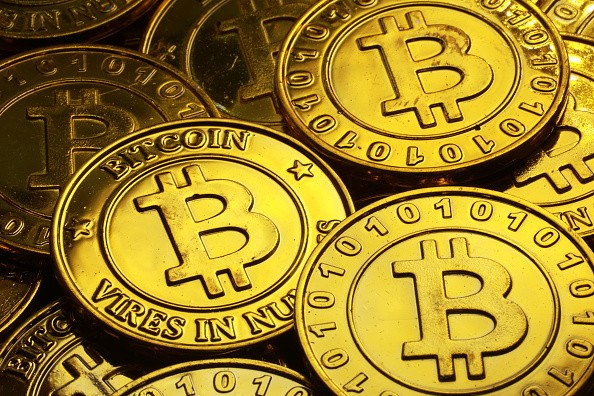Crypto is currently taking the world by storm, and that's an understatement. Values for various types of cryptocurrencies have skyrocketed, with old reliable bitcoin still leading the race. Its closest competitors, however, still can't be counted out.

For instance, the value of Ethereum (considered to be Bitcoin's primary rival) just skyrocketed to over $2,000 after Elon Musk said he invested in it, writes The Independent. This is still far from bitcoin's current value at almost $32,000 at the time of this writing, but $2000 and up is still a lot of money. That's, of course, the value of something that you'll never even lay your actual hands-on because it's all digital.
As such, this begs the question: where does crypto actually get its value? The answer is a little more complicated, but this article will simplify it as much as possible.
Crypto And Its Hard Currency Roots
To fully understand how crypto gets its value, you must first need to trace its roots back to actual hard currency, aka money.
Here's a perfectly simple explanation by Investopedia. Suppose you're a shoemaker who's finished a new pair of shoes for the day. Now, you need to buy some food for your family. In this situation, money doesn't exist, and you only have the pair of shoes you made to buy food.
When you go to the grocer and offer the shoes, it could be a problem if the grocer doesn't need shoes at this time. As such, you can't use the footwear to trade for a loaf of bread, for example. And it also might take you a while to find another grocer who would accept the shoes as payment because they actually need a new pair.
That is the absolute bare minimum explanation of how money works. It is used as a universal store of value that anyone can use at any time. Crypto works just like money but in a digital form. However, that's still not what defines cryptocurrency as a whole because if it is, then this article would've been done by this paragraph alone.
So, Where Does Crypto Get Its Value?
Any successful currency must meet six strict categories: scarcity, divisibility, transportability, utility, durability, and counterfeit ability. Any cryptocurrency like Bitcoin fulfills all of these requirements, as per Investopedia.

Bitcoin, for instance, is pretty scarce, and the actual supply of it is limited to 21 million coins, according to Naga.com. Therefore, its value is maintained. It's also divisible into smaller denominations (divisibility), easy to use to trade for goods once you have it (utility), and easy to be transferred between individuals or groups (transportability). However, you can't physically damage it because it's digital (durability).
However, cryptocurrency's biggest advantage over money is security, and that's where counterfeit ability comes in. Bitcoin, for instance, is considered extremely secure because it uses cryptography (aka codes and ciphers in layman's terms). This makes them almost impossible to fake, which is again giving them value. It's so secure that a lot of experts believe bitcoin will replace real-world money by 2050.
Crypto: An Extremely Volatile Asset
Cryptocurrencies are an asset. There's no denying that. But unlike real-world money, they're considered extremely volatile assets. In other words, they could be worth billions one day and then a mere hundred bucks the next.
This is why you need to watch your back if you want to invest in cryptocurrency in this day and age. You can invest a small portion of your nest egg on it, but don't go all-in unless you're certain that the value will remain stable over time.
This article is owned by Tech Times
Written by RJ Pierce




